Replacing your electrical panel can feel like a big decision as it involves many factors.
First off, it's important to establish that you're looking in the right place. Here are some ideas of what your electrical panel may look like and the factors determining if it needs replacement.
Determining your panel brand
There are a few older panel brands to look for that may indicate that it's time to replace your panel with a more modern breaker. Here are a few of the common panel brands that we recommend replacing:
Federal Pacific Panel(pictured below)
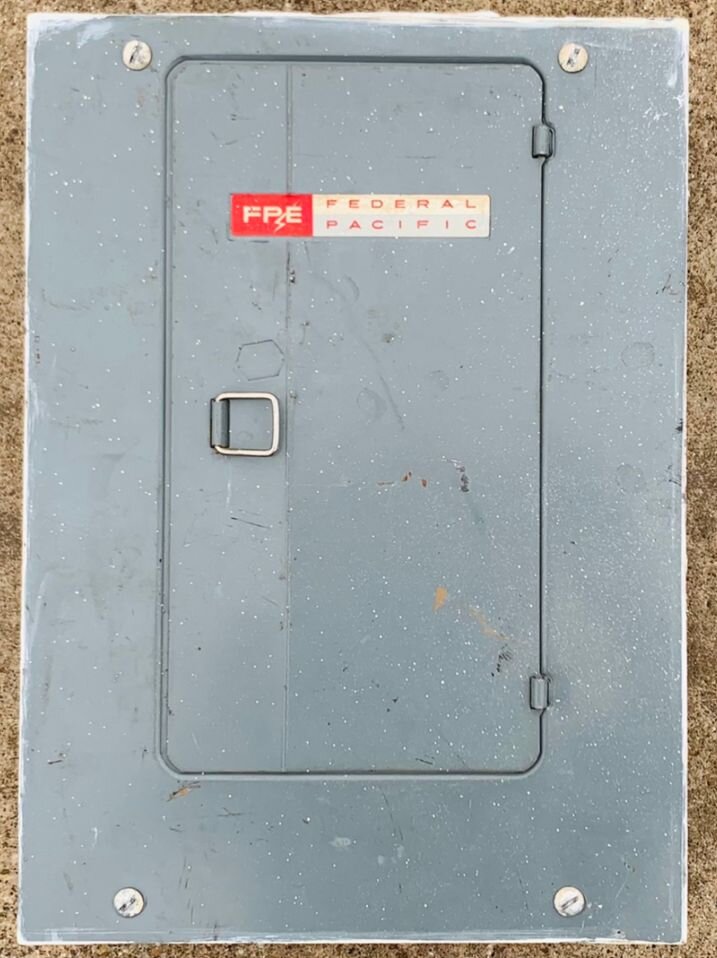
Zinsco panel logo(pictured below)
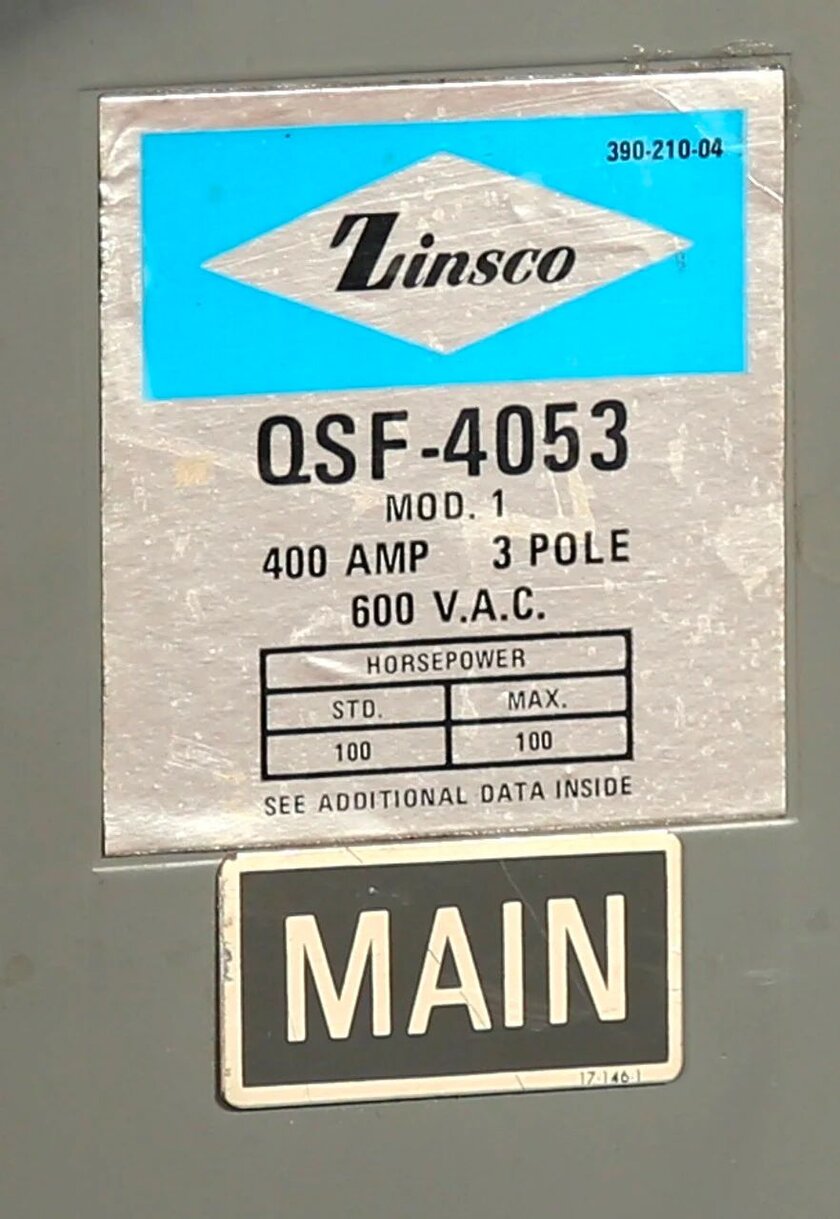
Stab-Lok panel(pictured below)
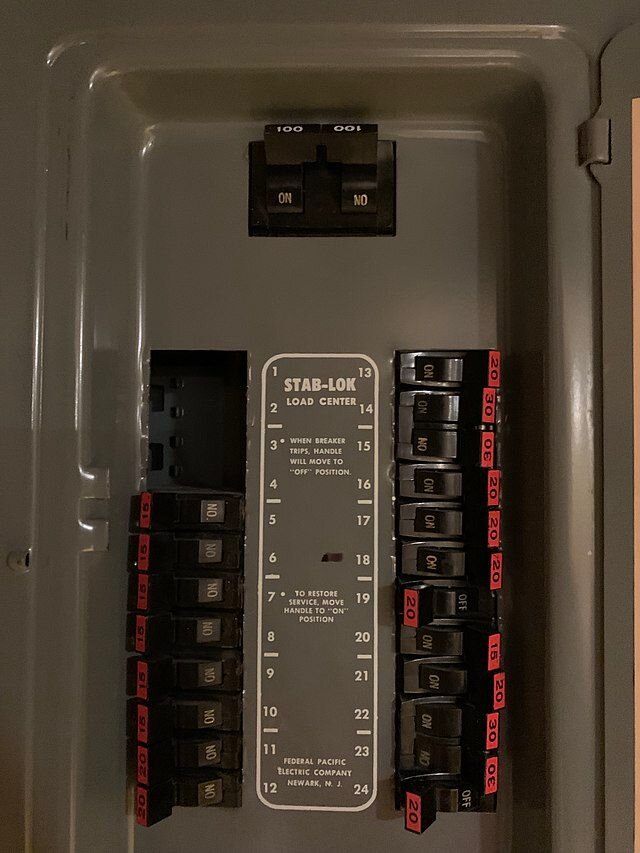
If you've determined that your panel is one of the mentioned brands, check to see if your panel has a single "main breaker" at the top or bottom. If so, there's a good chance your panel is fine as-is and doesn't require replacement. You may still need a panel upgrade down the road if you plan to fully electrify your home.
Modern panel with a main switch(pictured below)
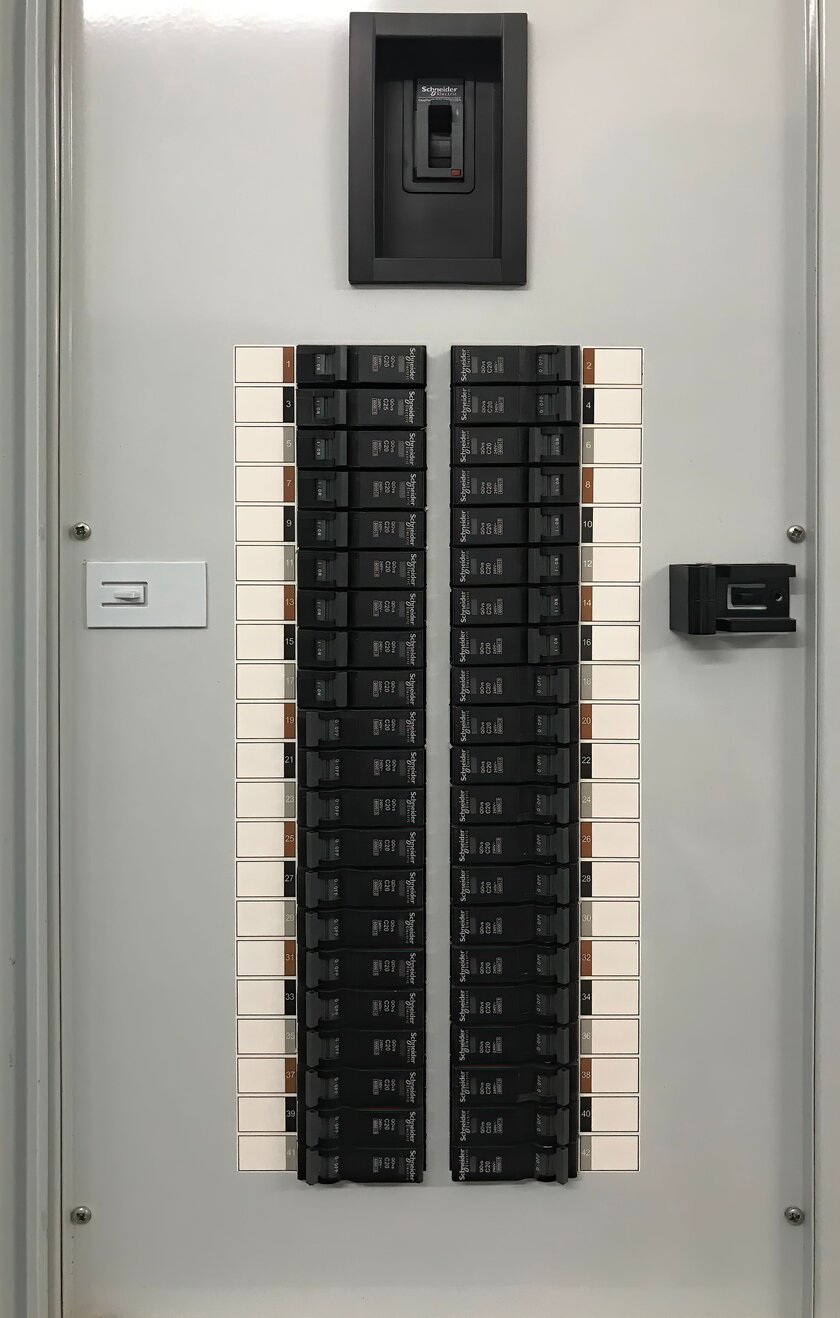
If there is no "main breaker" switch on your panel, check to see if your panel appears to have a separate top and lower section of breakers.
- If the lower section appears to have more breakers than the top section, you likely have what's called a Split bus panel (pictured below)
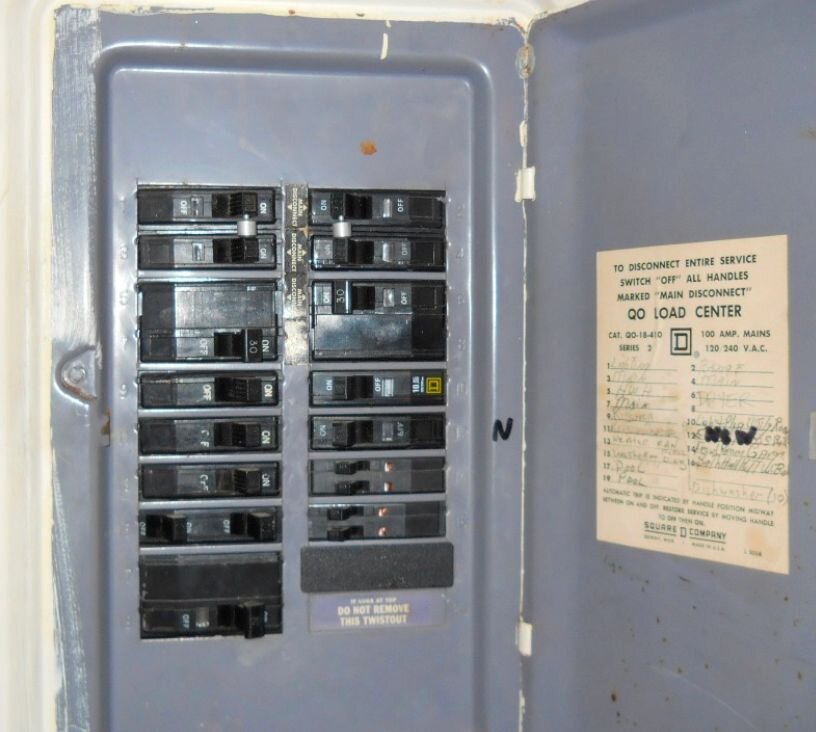
A "split bus" panel does not immediately qualify you for a panel upgrade, but it will limit your ability for future installations of electrical devices - especially EV chargers. If you have a "split bus" panel and are planning to electrify your home, replacing it with a modern breaker panel is a good idea.
There are a few other components that qualify your breaker as "needing an upgrade."
If your main electrical panel:
- Contains fuses
- Measures less than 13.5" wide or less than 16" tall
It's best to consider upgrading, especially if you're interested in installing an EV charger or other home electrical equipment.
In summary, most older panel types will require an amperage upgrade to install an EV charger, except for a "split bus" panel and older panels with a "main breaker" switch.
Modern single-family homes are now fitted with a 200amp utility feed, with 200amp equipment installed. Older panel types are typically installed with a 100amp - 150amp utility feed - which doesn't compute with the typical electrical pull from EV chargers (around 50amps+.)
Upgrading to a 200amp system is a commonly recommended electrical upgrade and a great idea to prepare for your future home electrification plans!

Related articles

